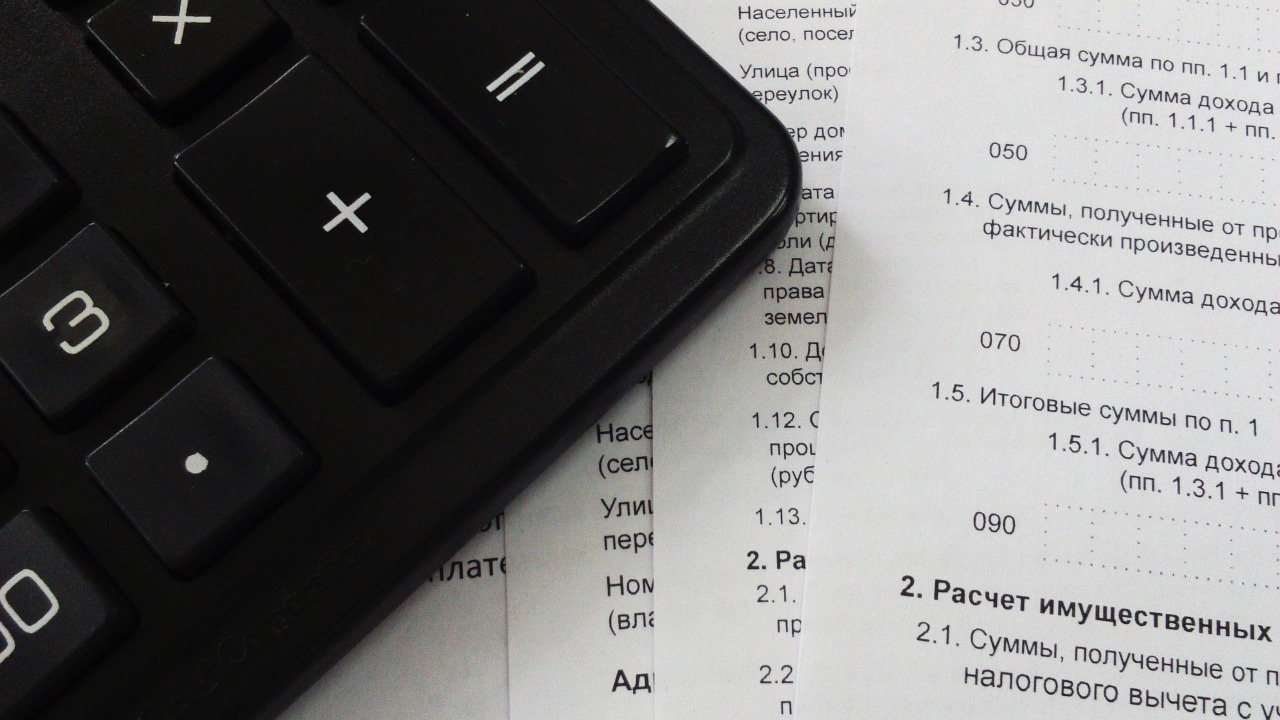Employers are required to deduct their employees’ tax obligations and submit to the Internal Revenue Service (IRS). The IRS imposes interests and penalties on employers that fail to report, collect, and remit payroll taxes. The penalty paid by businesses for failing to remit payroll taxes is called 100% penalty.
The slump in the global economy due to the COVID-19 have reduced business fortunes and wipes many businesses out of operation. Governments have imposed lockdowns and restrictive protocols that have left businesses out of operations and cash strapped to tame the spread of the virus.
With limited income against a list of monthly bills, many are businesses are likely to failing to remit their statutory deductions and therefore be guilty of the 100% penalty.
It is called the 100% penalty because businesses that are found guilty of failing to remit payroll tax pay the full amount that the employees defaulted. The idea is to allow the fed to collect unpaid payroll tax and punish unscrupulous employers who may control their employees’ finances.
Who can pay a 100% penalty?
The 100% penalty can be imposed against a “responsible person.” This can be an officer, shareholder, employee, or director. It can be imposed against an employee of a sole proprietorship. For an individual or entity to pay 100% penalty;
- They must be in charge of deducting and remitting the employee’s federal taxes.
- Voluntarily and out of will fail to remit the taxes.
The responsible person has some knowledge and control over the business’ finances. Factors that can make one a responsible person includes;
- Being the check-signing authority
- Being a director or officer
- Having a stake in the company
- Being part of the day-to-day management of the company
- Having the power to hire and fire
- being part of decision making
- Having control over the company’s accounts
The CARES Act
The CARES Act has given businesses room to defer the 6.2% part of the Social Security tax component of the FICA tax paid by the employee. The deferral came into effect on 3/27/20 and is expected to expire on 12/31/20. After the expiry, businesses will be required to pay the deferred payroll tax in two installments.


